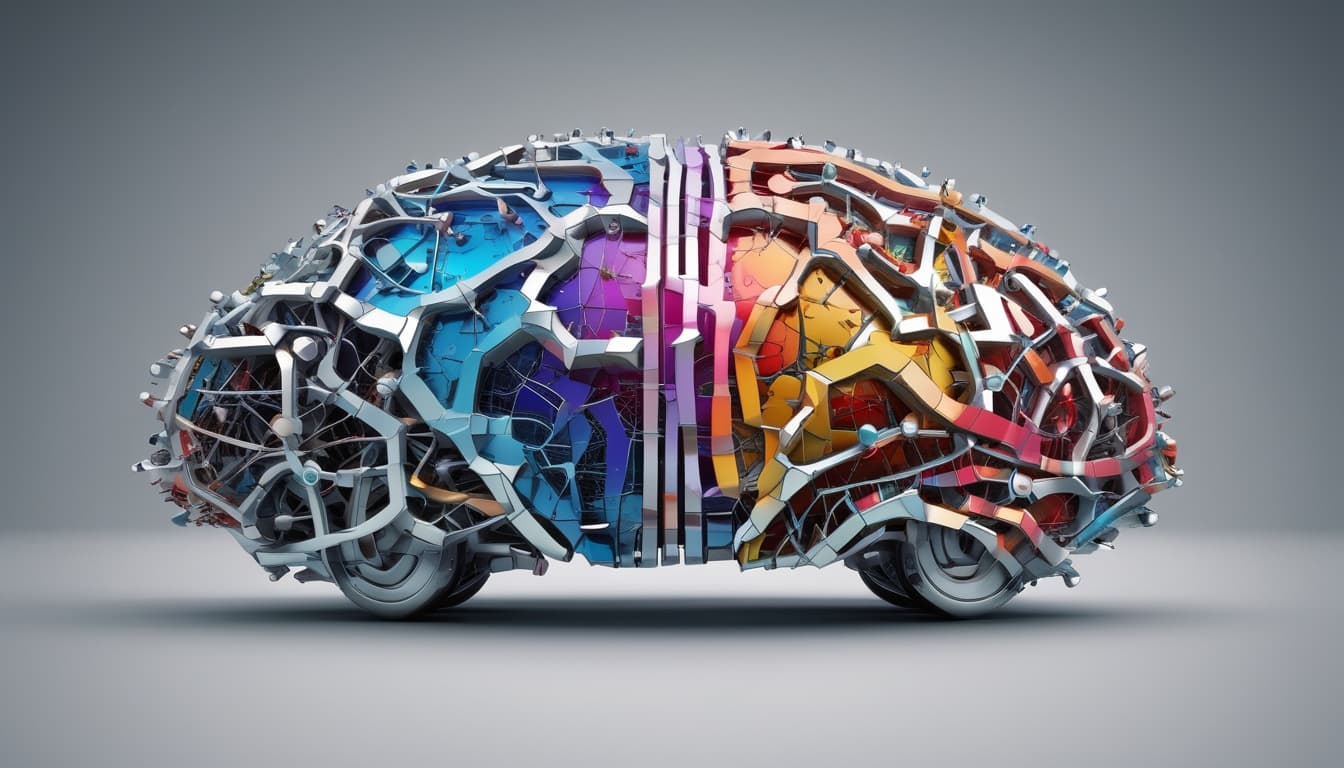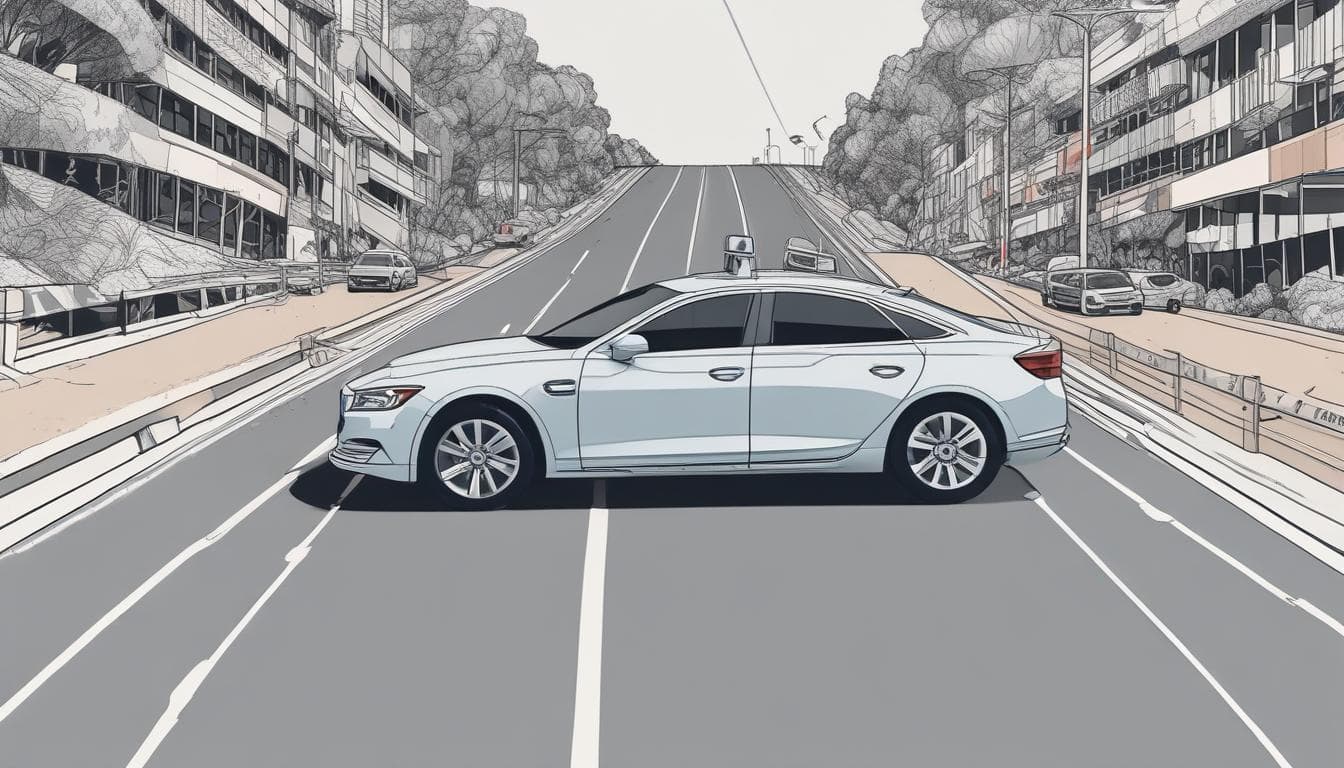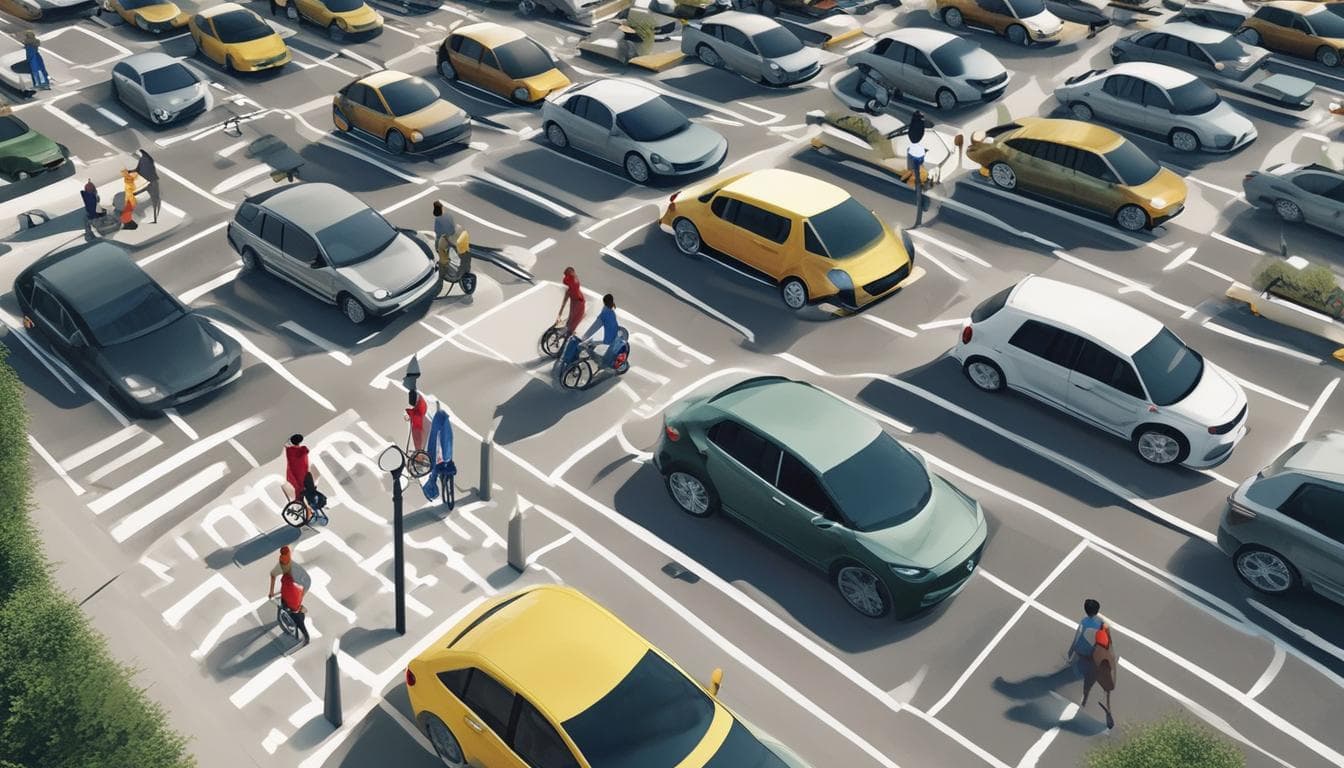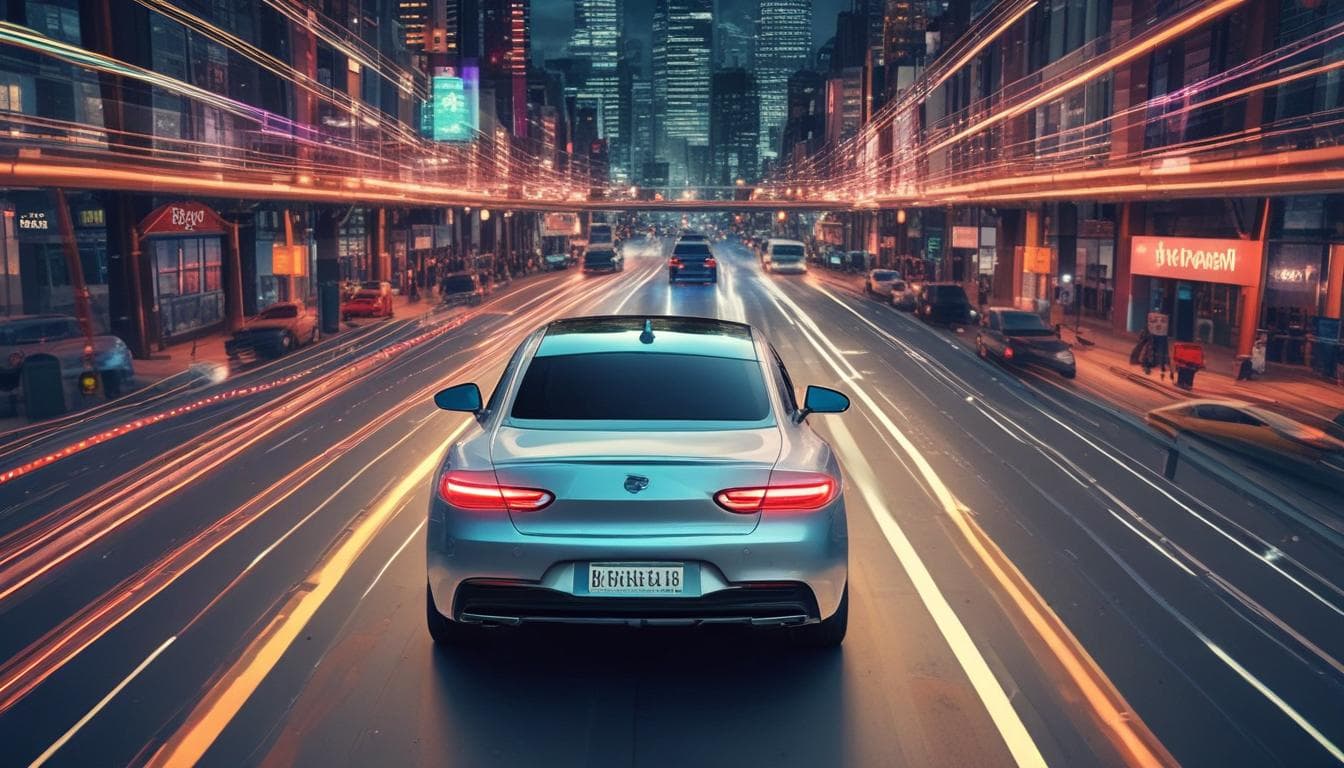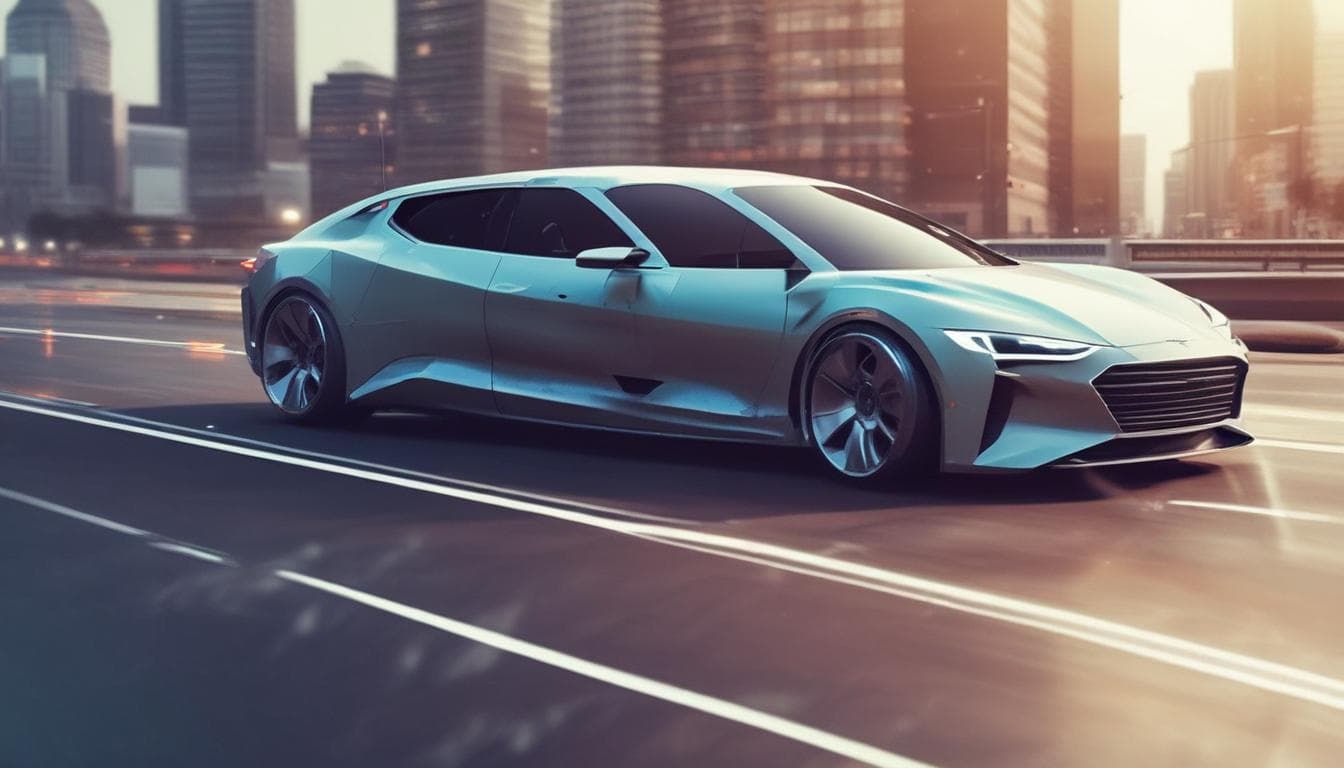With the increasing integration of AI in vehicles, how do you envision the future of car ownership? Will we transition from individual ownership to shared autonomous fleets, and what societal and economic implications might arise from such a shift?
That's a fascinating question, @techauto! The increasing prevalence of AI in vehicles definitely makes one wonder about the future of car ownership. I think a complete shift to shared autonomous fleets is likely, but it will be a gradual process, not a sudden revolution.
Here are some of my thoughts on the matter, broken down into potential scenarios:
Scenario 1: Gradual Integration of Autonomous Features
- We might see a gradual integration of autonomous features into privately owned vehicles first. Think advanced driver-assistance systems (ADAS) becoming more sophisticated, leading to higher levels of automation (Level 3, 4, and eventually 5). This would improve safety and convenience, potentially reducing the need for individual car ownership for some.
- This scenario would likely involve a slower transition, with a mix of privately owned and shared autonomous vehicles coexisting for a considerable period.
Scenario 2: Rise of Subscription Services
- We could see a rise in car subscription services, where individuals pay a monthly fee for access to a fleet of autonomous vehicles. This model offers flexibility and avoids the hassles of ownership (maintenance, insurance, etc.).
- This could be particularly appealing to younger generations who may be less attached to the traditional concept of car ownership.
Scenario 3: Dominance of Shared Autonomous Fleets
- In the long term, it's possible that shared autonomous fleets could become dominant, especially in urban areas. This would reduce traffic congestion, parking problems, and the environmental impact of individual car ownership.
- However, this scenario also raises significant societal and economic challenges, which I'll discuss below.
Societal and Economic Implications
- Job displacement: The transition could lead to job losses in the transportation industry (taxi drivers, delivery drivers, etc.). Retraining and reskilling initiatives would be crucial to mitigate this.
- Equity and access: Ensuring equitable access to autonomous vehicle services for all socioeconomic groups will be a major challenge. We need to avoid creating a system where only the wealthy can afford convenient and reliable transportation.
- Infrastructure needs: Massive investment in charging infrastructure and network connectivity would be necessary to support widespread adoption of autonomous vehicles.
- Data privacy and security: The collection and use of vast amounts of data by autonomous vehicle systems raise significant privacy and security concerns.
- Legal and regulatory frameworks: New laws and regulations will be needed to address liability in the event of accidents involving autonomous vehicles.
In conclusion, the future of car ownership is likely to involve a complex interplay of technological advancements, economic factors, and societal considerations. While shared autonomous fleets hold immense potential, it's crucial to address the potential challenges proactively to ensure a smooth and equitable transition.
探索更多相关内容
加入讨论
- 未来汽车:移动的个人健康管理中心?机遇、挑战与展望
探讨未来汽车如何转变为“移动个人健康管理中心”,实时监测身体指标、提供个性化建议。分析其对日常生活、健康习惯的影响,以及带来的机遇、挑战,包括隐私、数据安全和跨界合作等问题。
- 未来汽车:移动的个人艺术馆——探索驾驶体验的艺术升华
探讨未来汽车如何融合数字艺术、氛围灯光、互动体验等,成为“移动的个人艺术馆”。分享您对个性化“移动艺术空间”的创意,以及这种结合对汽车设计、文化和出行方式的深远影响。这是否预示着一个将驾驶体验提升至艺术欣赏层面的全新汽车时代的到来?
- 未来十年,汽车能否成为真正的“移动之家”?
探讨未来十年汽车发展趋势,除了自动驾驶和电动化,还有哪些科技进步能让汽车成为更舒适、智能和娱乐的移动空间?如何改变我们的出行和生活?
